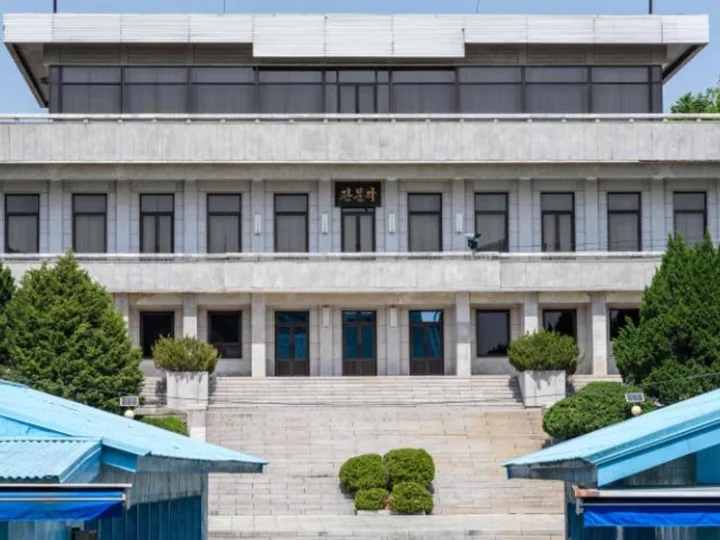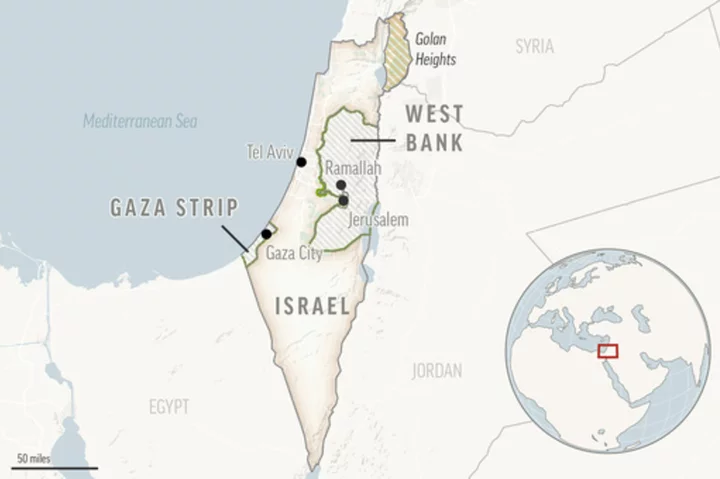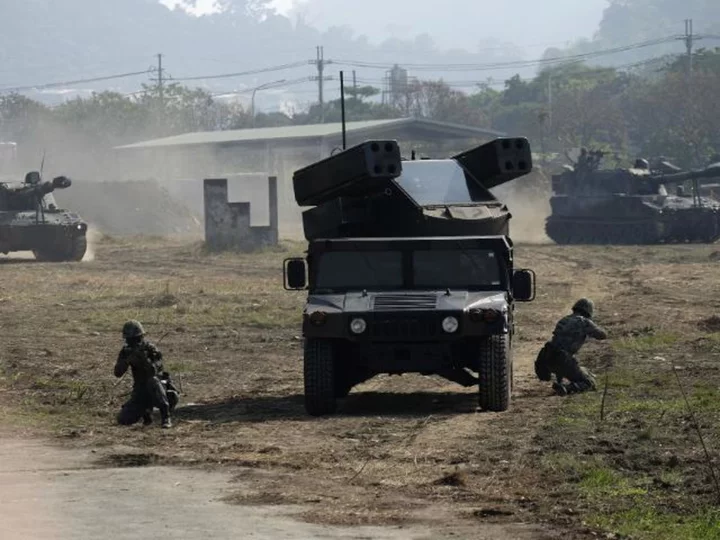A US national is believed to be in North Korean custody after crossing the border during a tour, a United Nations agency said Tuesday.
The individual was detained during a Joint Security Area tour after crossing the Military Demarcation Line separating North and South Korea, the United Nations Command said in a tweet.
"A U.S. National on a JSA orientation tour crossed, without authorization, the Military Demarcation Line into the Democratic People's Republic of Korea (DPRK). We believe he is currently in DPRK custody and are working with our KPA counterparts to resolve this incident," the UNC said.
The Joint Security Area is located inside the Demilitarized Zone between South and North Korea, and tours of the area are open to the public and organized by the United Nations Command.
The Demilitarized Zone between North and South Korea has become one of the most heavily fortified borders in the world, ringed by miles of barbed wire and landmines and patrolled by soldiers from both sides for decades. But the Joint Security Area is a slightly different beast.
While there are a series of checkpoints that must be passed to get to the JSA, crossing the Military Demarcation Line that is the actual border between North and South Korea does not require passing any physical barrier. There is only a small raised line on the ground that marks the border, and stepping across it requires only one step, as former US President Donald Trump did in 2018 when he met North Korean leader Kim Jong Un in the JSA in 2019.
During a JSA tour, participants are kept about 20 yards or so from the line Trump stepped across. Though there are guards on the South Korean side of the border during the tours, no guards were seen on the North Korean side when CNN took a press tour of the JSA last year.
The prospect of a US national being held in North Korean military custody comes at a time of fraught diplomacy and rising military tensions on the Korean Peninsula.
Under leader Kim Jong Un, North Korea has been ramping up tests of potentially nuclear capable intercontinental ballistic missiles, something South Korea and its treaty ally the United States are keen to push back on.
The same day the US national crossed the border, another moment of intense historic and strategic symbolism was taking place at the South Korean port of Busan -- for the first time since the early 1980s a nuclear capable US submarine was making a port call.
That visit came as Kurt Campbell, coordinator for the Indo-Pacific at the US National Security Council, was at the inaugural meeting in Seoul of the Nuclear Consultative Group (NCG).
The NCG is a joint US and South Korean panel set up by the countries' leaders at a summit in Washington in April.
During that summit US President Joe Biden and South Korean counterpart Yoon Suk Yeol unveiled a "Washington Declaration" that included a set of measures aimed at making Pyongyang think twice about launching an attack on its southern neighbor.
This is a developing story. It will be updated.









